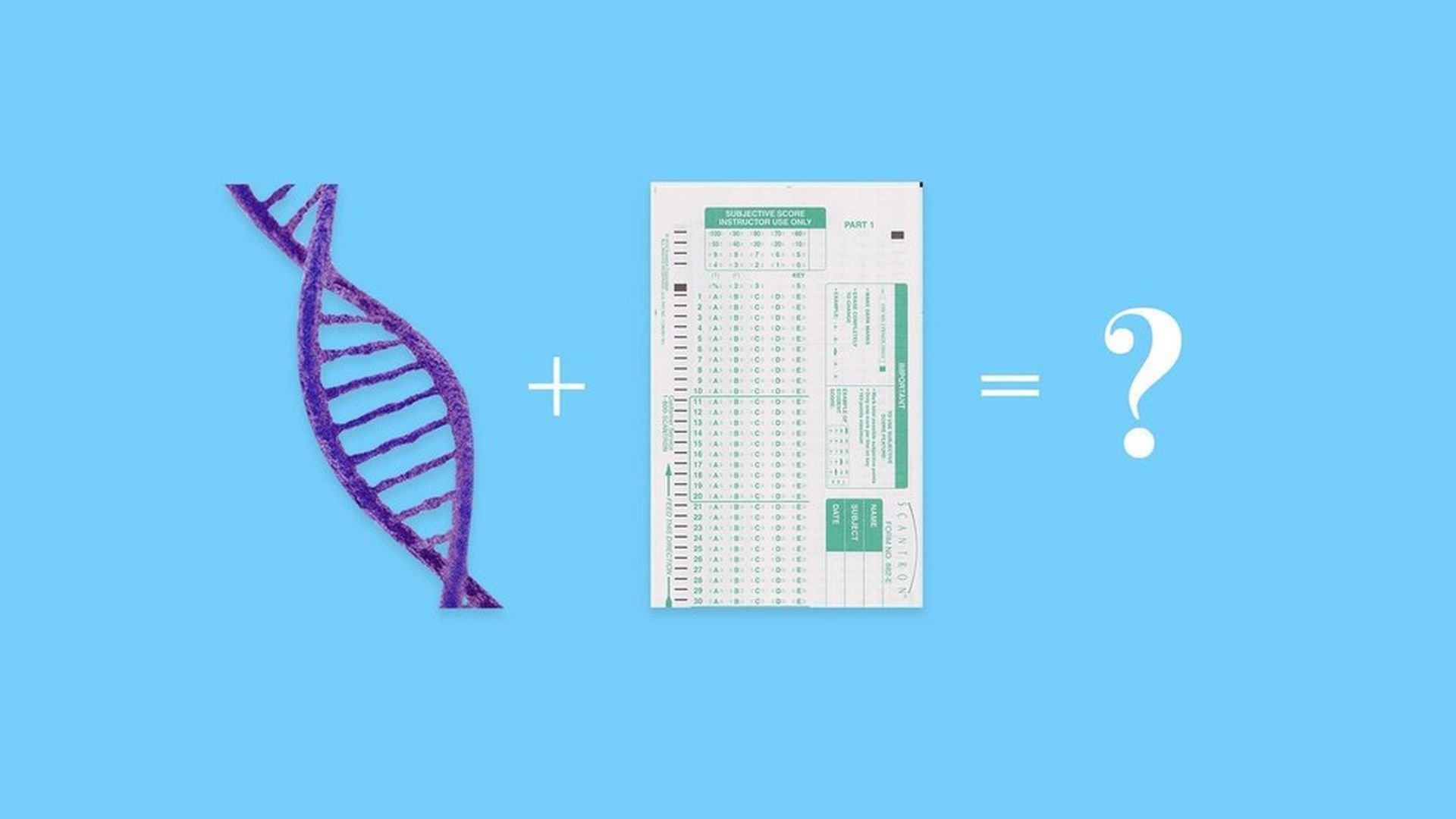May 5, 2017
Expert VoicesWe asked experts about genetic screening for cancer
Add Axios as your preferred source to
see more of our stories on Google.

Rebecca Zisser / Axios
Add Axios as your preferred source to
see more of our stories on Google.

Rebecca Zisser / Axios